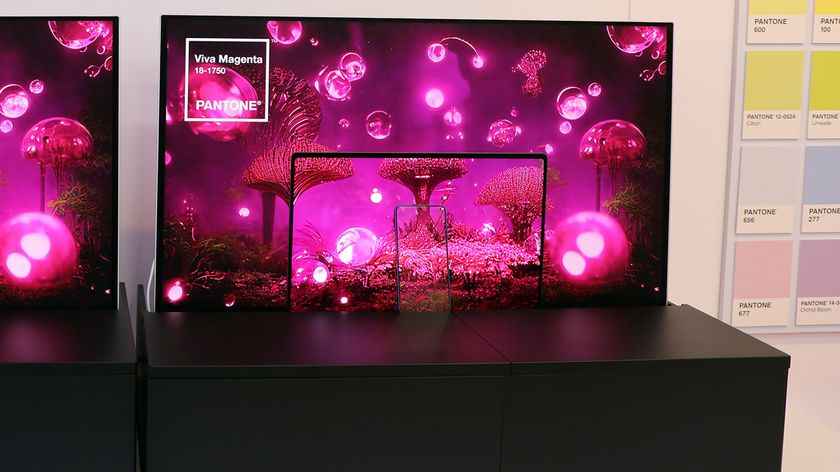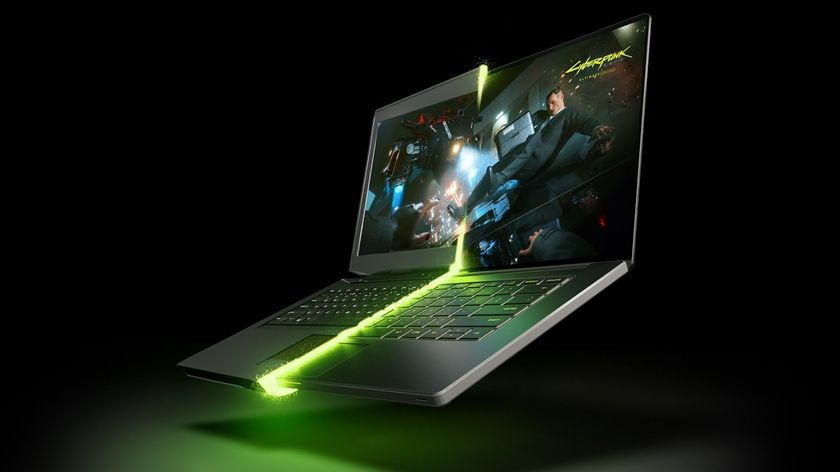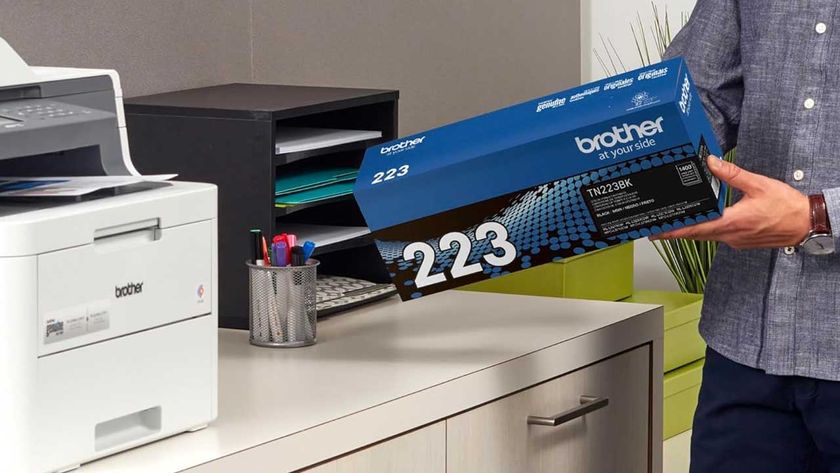Philips Releases Curved 1080p FreeSync Monitor For $349

Philips announced the availability of its new 27-inch 279X6QJNS monitor, a curved 1920x1080 LCD display that sports AMD’s FreeSync variable refresh rate technology.
| Model | Philips 279X6QJNS |
|---|---|
| Panel Size | 27-inch |
| LCD Panel Type | Multi-Domain Vertical Alignment (MVA) LED |
| Aspect Ratio | 16:9 |
| Resolution | 1920 x 1080 @ 60 Hz |
| Response Time | 14 ms (GTG) |
| Smart Response Time | 4 ms (GTG) |
| Brightness | 300 cd/m² |
| Pixel Pitch | 0.3114 x 0.3114 mm |
| Contrast Ratio | 3000:1 |
| Viewing Angle | 178 degrees |
| Display Colors | 16.7 million |
| Connectivity | VGA, DisplayPort, HDMI |
| Weight (With Stand) | 12.28 lbs |
| Price | $349 |
Philips made interesting engineering choices with the 279XQJNS, most notably the 1920x1080 resolution and 60 Hz refresh rate. The response time is also more in line with what you would see from IPS panels, but the Philips 279X6QJNS features a multi-domain vertical alignment (MVA) LED LCD display. The price tag and the addition of FreeSync technology screams "gaming monitor," but it's hard to categorize this display as such with its middle-of-the-road refresh rate, resolution and response time.
Enthusiast-level hardware doesn’t seem to be a wise pairing for this display; most high-end graphics cards can easily handle a constant 60 fps with all the visual goodies turned on at 1080p. The Philips 279X6QJNS appears to be best suited for mid-range AMD gamers who will see the most visual fidelity gains when using the onboard FreeSync technology with a reasonably-priced AMD GPU that fetches between 35-50 fps in their favorite games.

Gaming acumen aside, the 279X6QJNS features several proprietary technologies that offer an improved viewing experience, such as Philips Flicker-free technology, which regulates the LED-backlit screen’s brightness to reduce flicker and eye fatigue. The SmartImage presets also optimize the monitor based on your application use, and an EasySelect menu toggle key under the bottom edge of the monitor allows you to make quick changes to your display settings with an on-screen menu. In addition, it sports a Mobile High Definition Link (MHL), which can connect compatible smartphones, tablets and other mobile devices to the display.
The Philips 279X6QJNS is available now at Amazon for $349.
Derek Forrest is an Associate Contributing Writer for Tom’s Hardware and Tom’s IT Pro. Follow Derek Forrest on Twitter. Follow us on Facebook, Google+, RSS, Twitter and YouTube.
Stay On the Cutting Edge: Get the Tom's Hardware Newsletter
Get Tom's Hardware's best news and in-depth reviews, straight to your inbox.
-
Chris Droste i would've gave it a shot were it a 1440p display. 27" is way too big for 1080 unless you're using it as a normal TV.Reply -
sillynilly The article nailed it as this monitor is basically for a low-end gaming rig since any rig with some weight can easily push 1080 over 60fps on high to ultra settings. Good price point for someone with a budget rig though. Not the monitor for me, but I can see where this fits in the low end market.Reply -
zambutu Replyi would've gave it a shot were it a 1440p display. 27" is way too big for 1080 unless you're using it as a normal TV.
Oh ya? I use a 40" 1080p TV in my Face for gaming, and I will never go smaller again.
Regardless, i'm not sure why they need freesync on such a low spec monitor, I thought freesync was for serious gamers. -
hitman400 Replyi would've gave it a shot were it a 1440p display. 27" is way too big for 1080 unless you're using it as a normal TV.
Oh ya? I use a 40" 1080p TV in my Face for gaming, and I will never go smaller again.
Regardless, i'm not sure why they need freesync on such a low spec monitor, I thought freesync was for serious gamers.
He's not saying go small. He's saying 27" is too big for 1080p as a monitor because the bigger the screen is in your face with the same resolution, the more pix elated it will be. At 40" you should be going to 4k if you use it as a monitor (aka 16 inches away) 40" is insane to be in your face, don't your eyes hurt? -
xaephod I don't get how you can play at 1080p at anything over 24". At 28" my 1920x1200 is barely acceptable and I look forward to going well over 30" at either 1440 or 4K.Reply -
InvalidError Reply
Adaptive Sync will make movement smoother regardless of system specs: with normal refresh, the screen updates at fixed 16.667ms intervals for 60Hz and if the frame rendering is not done in time, the old image gets repeated while the new image gets delayed until the next refresh interval. This can quickly degenerate into significant stuttering.17626732 said:Regardless, i'm not sure why they need freesync on such a low spec monitor, I thought freesync was for serious gamers.
With Adaptive Sync, if a frame is ready a few ms earlier than expected, the new refresh to paint it out can begin immediately and when the next frame is a little late, the next refresh cycle can be delayed by a few milliseconds to wait for it, producing a smoother overall feel despite irregular frame rate. In principle, Adaptive Sync benefits everyone from low-end to high-end.
-
nukemaster I can see this being perfect for a small TV(variable refresh has a place for this too).Reply -
eklipz330 this doesn't seem to be much of a gaming monitor other than the inclusion of freesync...which only means ONE thing.Reply
vendors are starting to include Freesync as a DEFAULT option. Excellent for AMD! -
ErikVinoya Replyi would've gave it a shot were it a 1440p display. 27" is way too big for 1080 unless you're using it as a normal TV.
I don't understand the downvote. I do own a 23-inch 1080p monitor myself, and I'm pretty sure that if its a bit bigger, I'll be able to make out the individual pixels, let alone a 27-inch display












